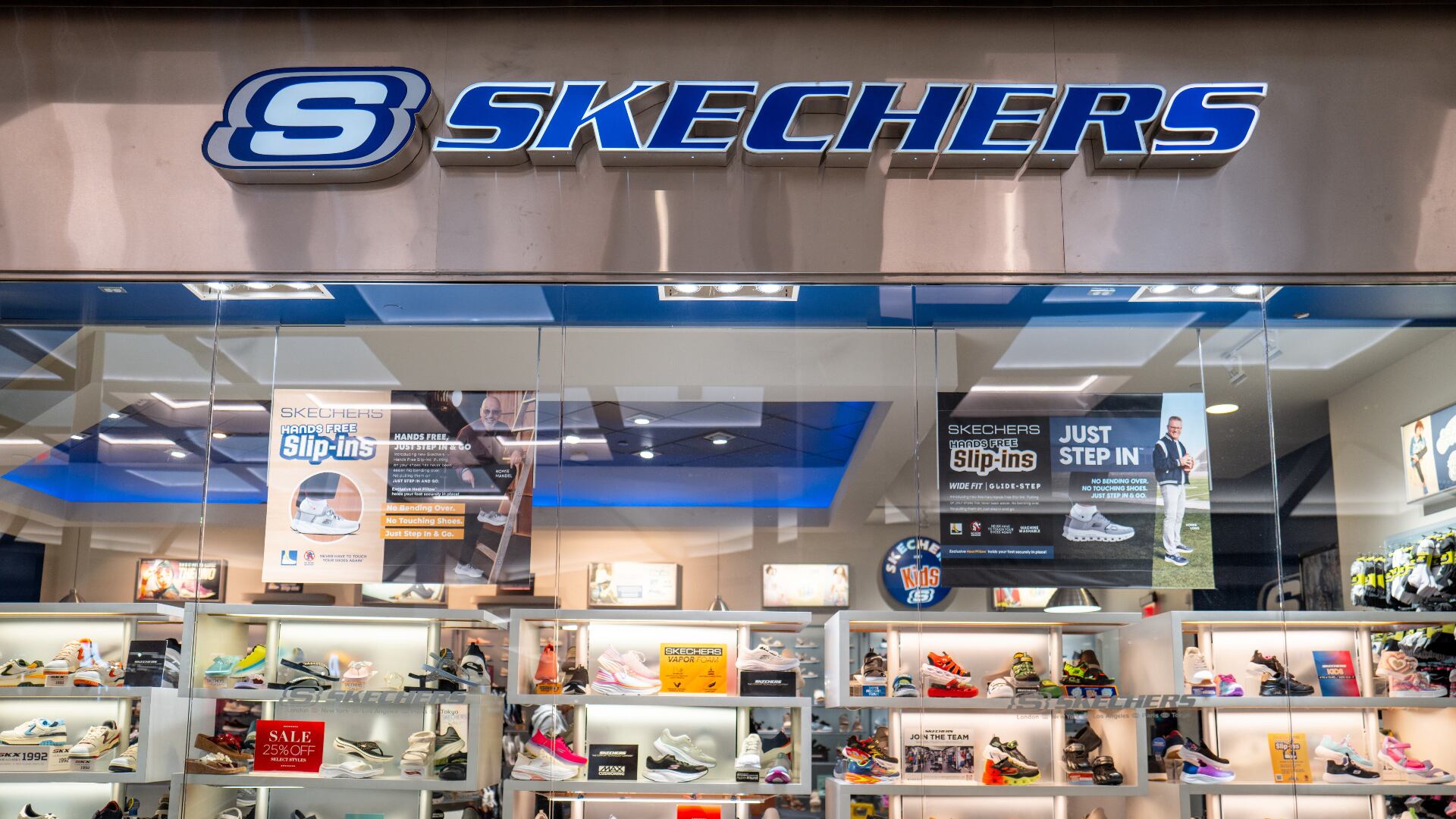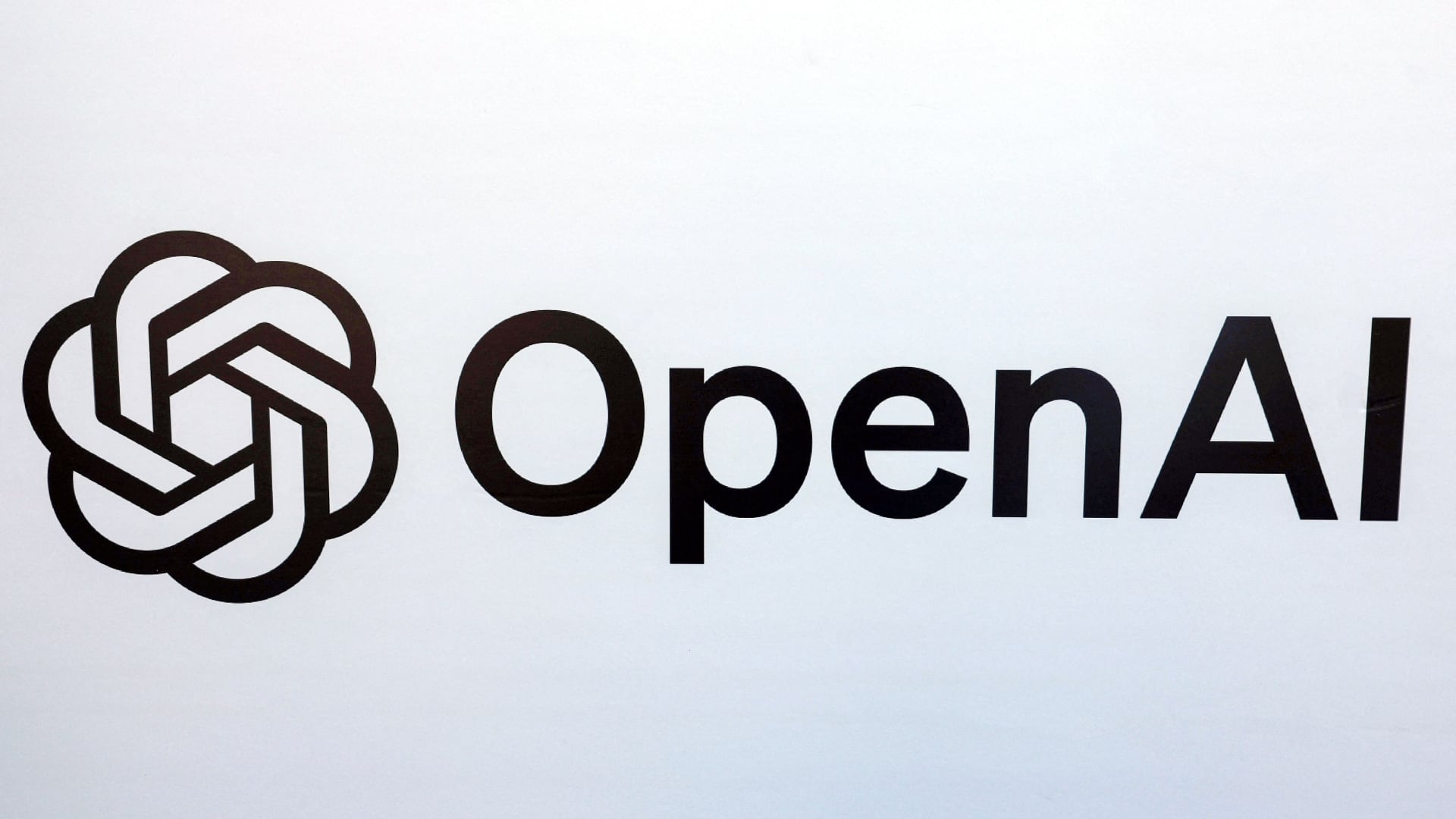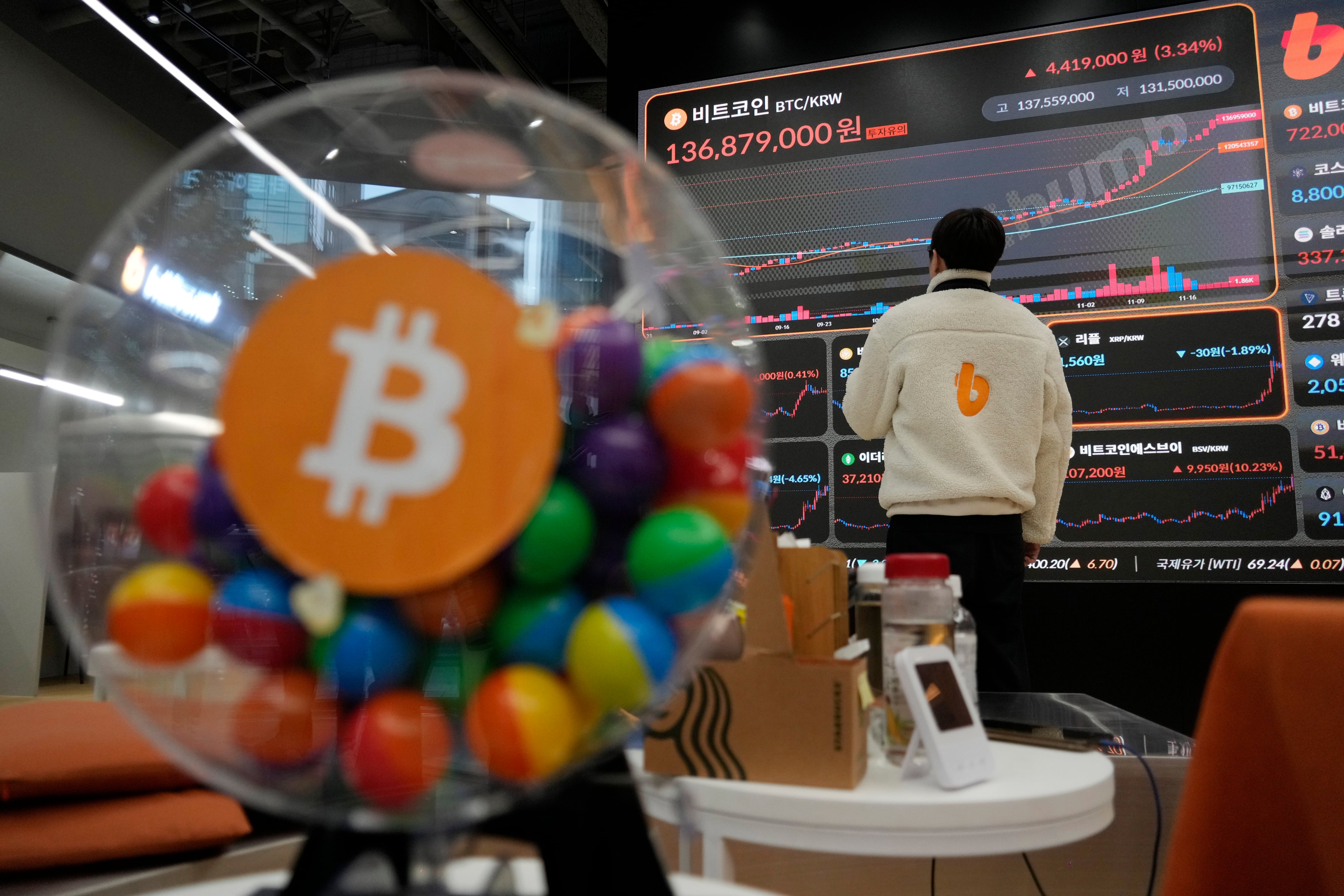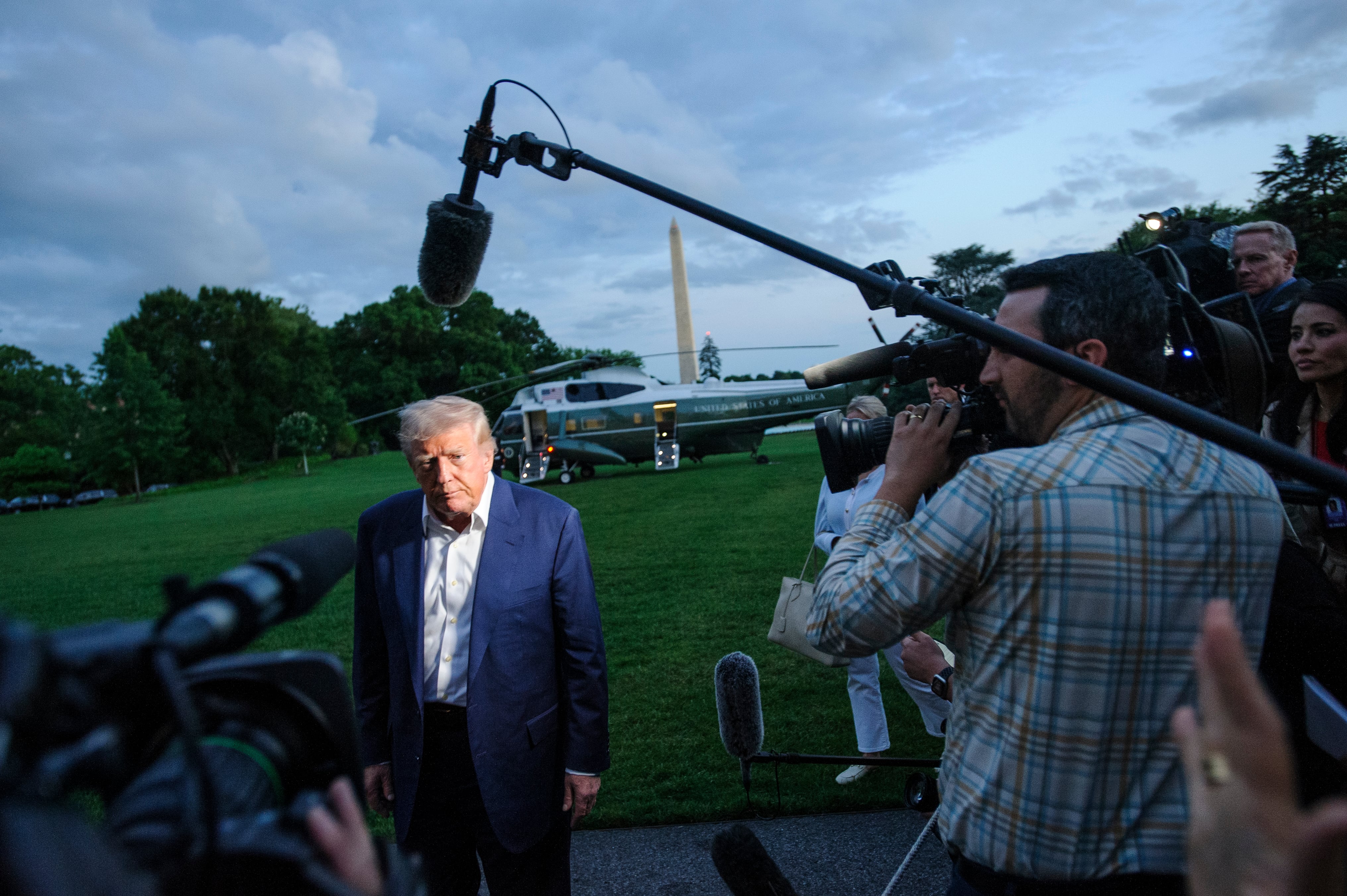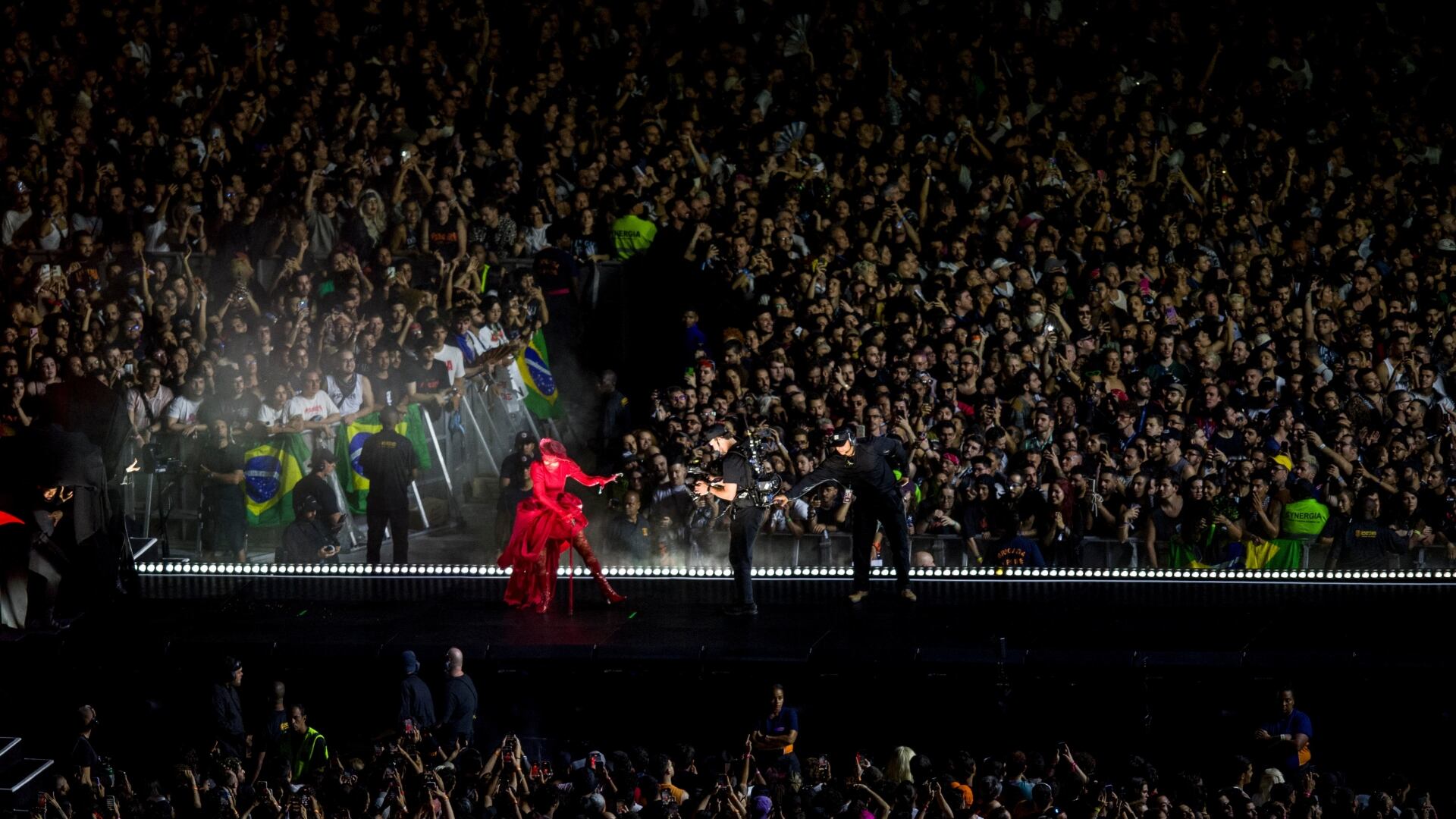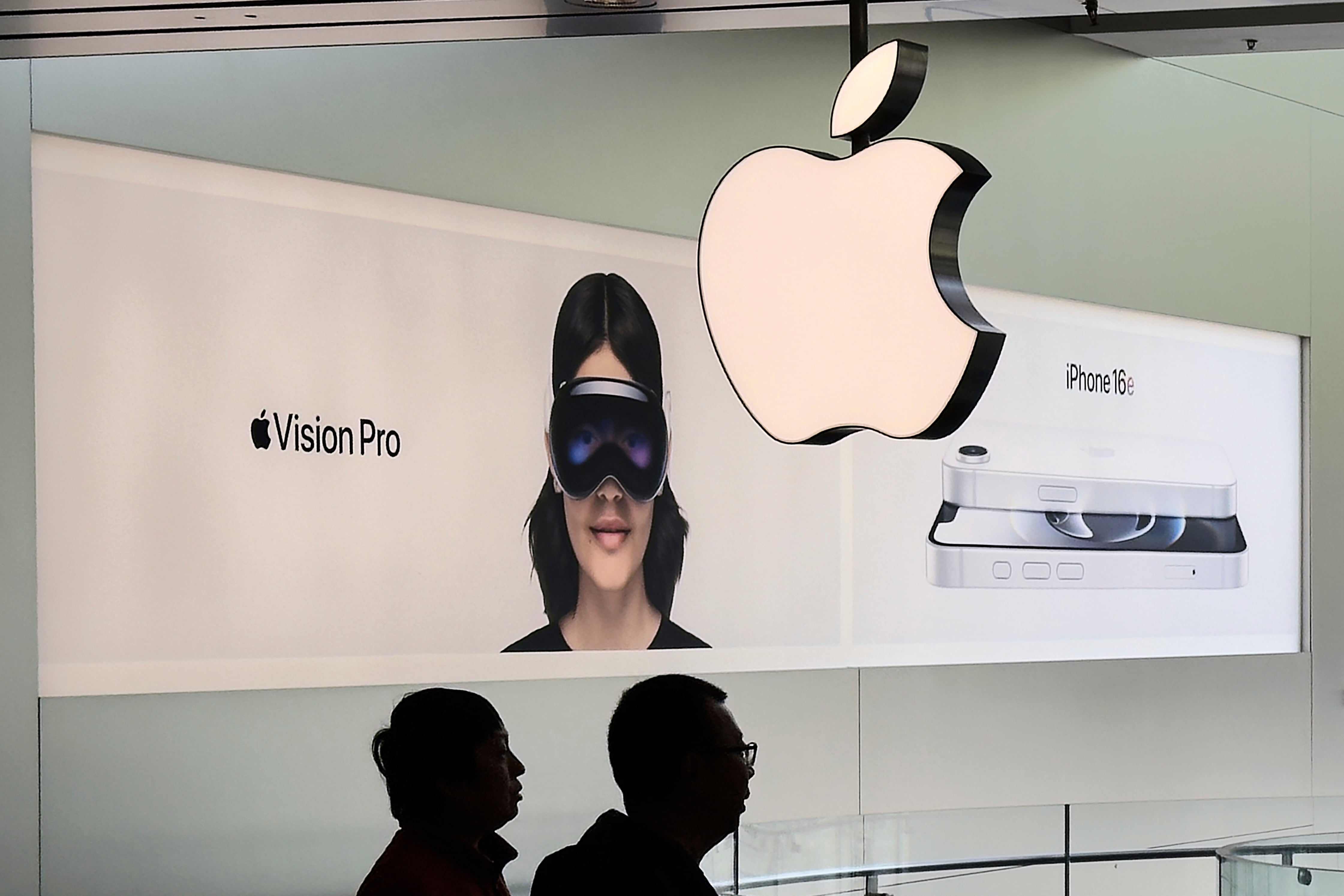Game engine developer Unity Software ($U) went public on the New York Stock Exchange Friday. The San Francisco-based company's cross-platform gaming engine has fueled a boom in 3D game development, with a focus on mobile games and virtual reality content.
The company offered up 25 million shares and trading began at $75 per share as the market opened, up from its $52 initial listing price. The pop brought the company's market cap as high as $20 billion, closer to big-league game developers such as EA and Nintendo, although share price edged lower to $68 by the close of the trading day.
Unity says it isn't looking to be pigeon-holed in the gaming industry. As investors scramble to put money into tech stocks, the company is making the case that it spans multiple industries.
"We are in the gaming industry, but we're also in a lot of other industries," CFO Kimberly Jabal told Cheddar. "We have empowered creators. We've democratized game development, but we're not actually a gaming company. We're a technology company."
Jabal said Unity is creating solutions for all types of real-time 3D developers, not just gamers.
"We help them to design and to build their applications," she said. "Then we help them monetize and to operate and to grow their customer base."
Unity is also extending the benefits of the IPO to its employees by allowing them to sell 15 percent of their shares on the first day of trading, rather than after 180 days as is usually stipulated in public offerings.
"We wanted them to be able to sell right away," Jabal said. "They've been working hard, some of them for 15 years."
